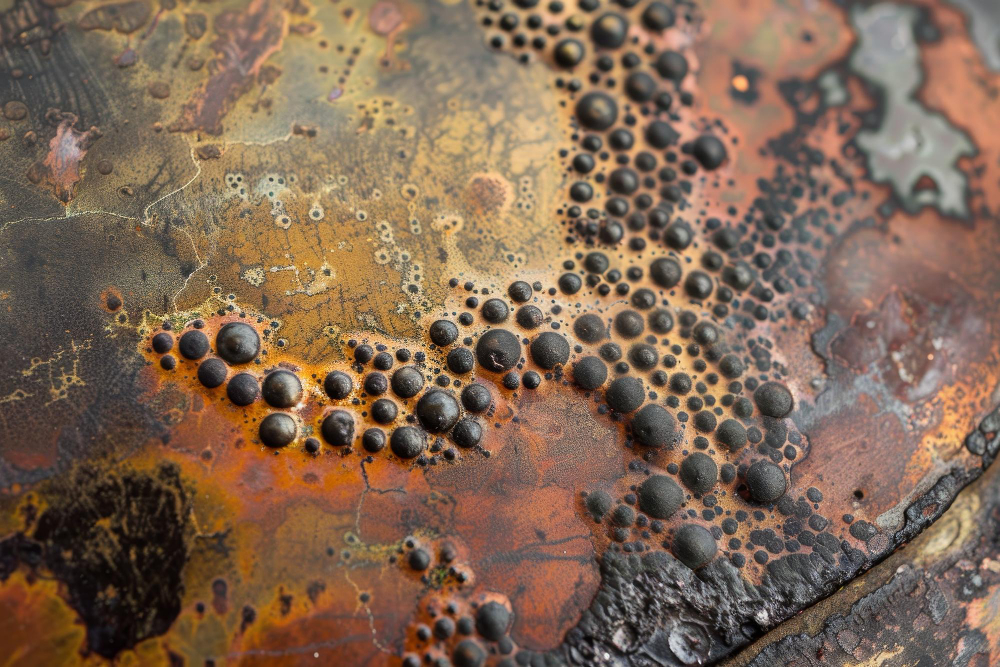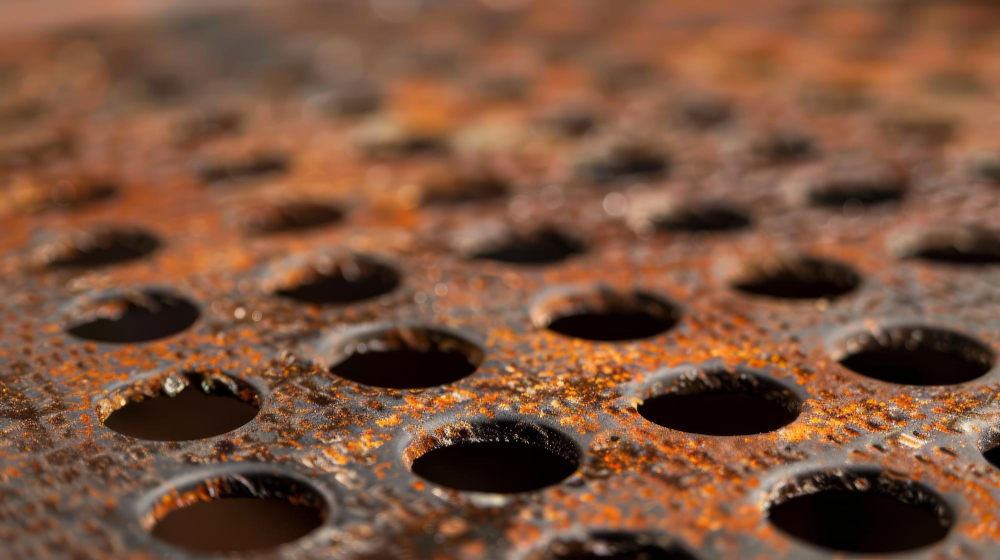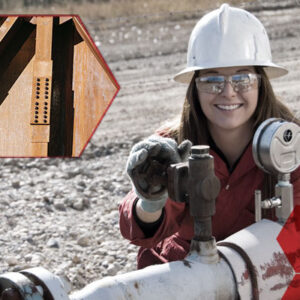What is Intergranular Corrosion – Tips for Understanding and Prevention
Intergranular corrosion is a type of corrosion that affects the grain boundaries of metallic materials, which can result in severe weakness within its structure. Unlike general corrosion, which affects all areas of a metal uniformly, intergranular corrosion occurs along the lines where grains meet and usually results in sharp, serious deterioration. This could be a very insidious form of corrosion, in that it may not always be visible, yet catastrophic failure can occur if not managed appropriately.
Intergranular corrosion generally occurs because of precipitates or segregation of certain alloying elements in the grain boundary areas, becoming more reactive than the grains themselves. Poor heat treatment, exposure to certain environmental conditions, or chemical reactions may enhance this effect. Recognizing causes and effects of IGC is necessary for establishing appropriate preventive measures so as to ensure proper long-term integrity of metal-based structures.
Understand the Mechanism of Intergranular Corrosion
The conditions that may result in the occurrence of intergranular corrosion include when the grain boundaries of a metal turn out to be more chemically active than the interior of the grains. This has usually been related to some kind of precipitates along such grain boundaries or to segregation of the alloying elements. Understanding of the mechanism will help identify conditions like exposure to certain chemicals or high temperatures that may result in such corrosion. This proper knowledge will lead to the ways of effective prevention.
Selecting the Right Material for Your Application
Where possible, minimize the risk of corrosion by selecting materials that are less susceptible to this corrosion form. For instance, stainless steels may be vulnerable to intergranular corrosion when not appropriately heat-treated or when exposed to specific environments. Employ alloys designed to be immune to intergranular corrosion or those that have been suitably stabilized.
Perform Proper Heat Treatment
The right heat treatment processes may sometimes improve intergranular corrosion. Heat treatment may alter the microstructure of the metal, reducing the susceptibility of the grain boundary to corrosion. As an example, stabilising heat treatments can reduce the precipitation of chromium carbides in stainless steels known to promote intergranular corrosion. The heat treatment procedures are to be carried out in accordance with industrial standards that will improve resistance to intergranular corrosion.
Regular Inspection and Maintenance of Equipment
Regular inspections and maintenance of equipment and structures in metals go a long way in preventing intergranular corrosion. These techniques would include the observation for signs of corrosion along grain boundaries and take immediate action to eliminate them before serious damage has occurred. Practices in maintenance will also involve cleaning and ensuring that the environment within which the equipment works is under observation and applying protective coatings if necessary.
Apply Protective Coatings and Corrosion Inhibitors
Application of protective coatings and corrosion inhibitors can reduce the possibility of intergranular corrosion to a great extent. Coatings provide a barrier layer in between the metals and corrosive environments, while inhibitors may delay the kinetics of corrosion. Compatibility of coatings/inhibitors used with materials and operational environment is very important for efficient prevention of intergranular corrosion.
Staff Training and Awareness
In this respect, training and education, especially on corrosion prevention, is very important. Ensure that persons dealing with operation, maintenance, and inspection of metallic structures are well-informed about the causes and prevention of intergranular corrosion. This regular training and update on the latest control techniques in corrosion management will provide effective management and mitigation of occurring corrosion risks.
Closing Insights
The CORCON Institute of Corrosion has always been in the foreground of creating awareness about corrosion and its control. Due to its commitment to knowledge development and providing workable solutions, it is an important partner for industries in controlling and preventing intergranular corrosion. One will find considerable resources and expertise at CIC in order to boost their knowledge or enhance the practice of corrosion management. By these insights, it provides protection to these assets and gives durability against the challenge of corrosion.
Image Reference : Freepik
Disclaimer: All trademarks, logos, and brand names are the property of their respective owners. All company, product, and service names used in this website are for identification purposes only. Use of these names, trademarks, and brands does not imply endorsement.




